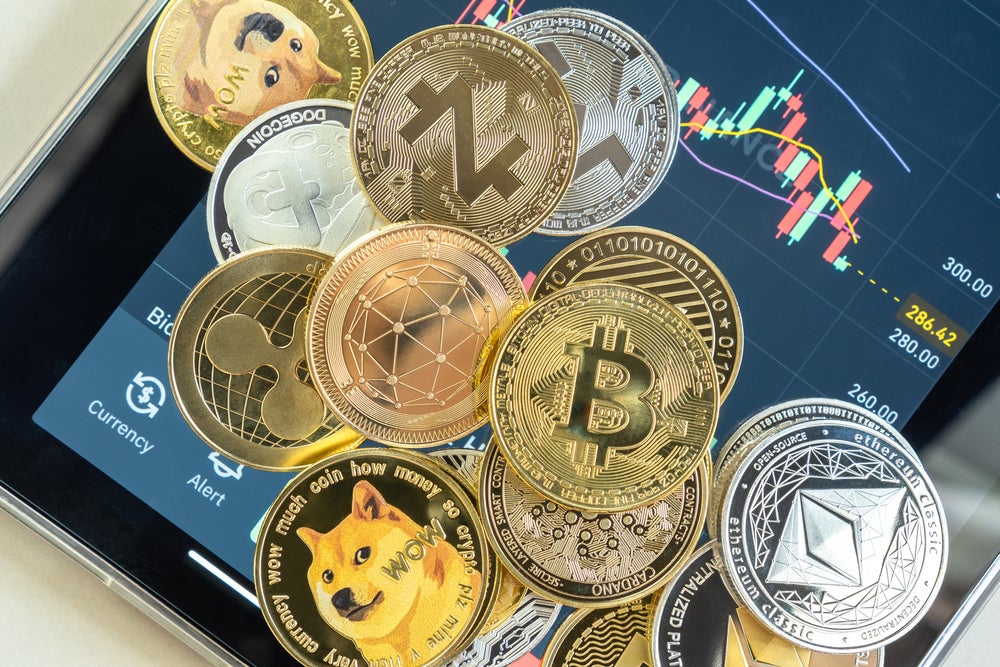Less crypto is being stolen this year, thanks to industry-wide implementation of anti-money laundering standards, and increased efforts by law enforcement and regulators to go after bad actors, according to new research by TRM Labs, a blockchain intelligence company, published on May 23.
Around $400 million worth of crypto was stolen across nearly 40 attacks in the first three months of 2023, which is down 70% from the same time frame in 2022, according to the analysis. The average size of a crypto hack also took a hit in Q1 of 2023, to $10.5 million from nearly $30 million in the same quarter of 2022.
Victims who have been hacked have been able to recover over half of all stolen funds in Q1 of 2023 though it’s unclear if this hack respite will last. “Individual quarters…offer poor predictions of how much money will be lost to hacks during
the whole year,” the report states. “The amount stolen and number of incidents in the first quarter of 2023 mirrors that of the third quarter of 2022. That was followed by a record setting number of hacks that turned 2022 into a record year.”
Last year, one report showed that hacks and scams took an estimated $3 billion from victims. Major hacks included Axie Infinity in March 2022, where hackers stole $625 million worth of crypto assets from gaming-focused Ronin Network, which hosted the Axie Infinity game. In September, crypto market maker Wintermute was hacked for $160 million in its DeFi operations.
After the collapse of crypto exchange FTX in November 2022, on-chain data showed that the exchange’s wallets were losing funds that ranged anywhere from $270 million to $400 million. Sam Bankman-Fried, former chief executive of FTX, had said in an interview that a former employee or bad actor likely stole private keys to FTX’s crypto wallets, and drained the funds. It was later revealed by new FTX chief executive John J. Ray III that FTX had stored private keys that weren’t encrypted, and overall lacked security.
The ten largest hacks in 2022 accounted for approximately 75% of the total amount stolen in 2022, according to TRM Labs.































